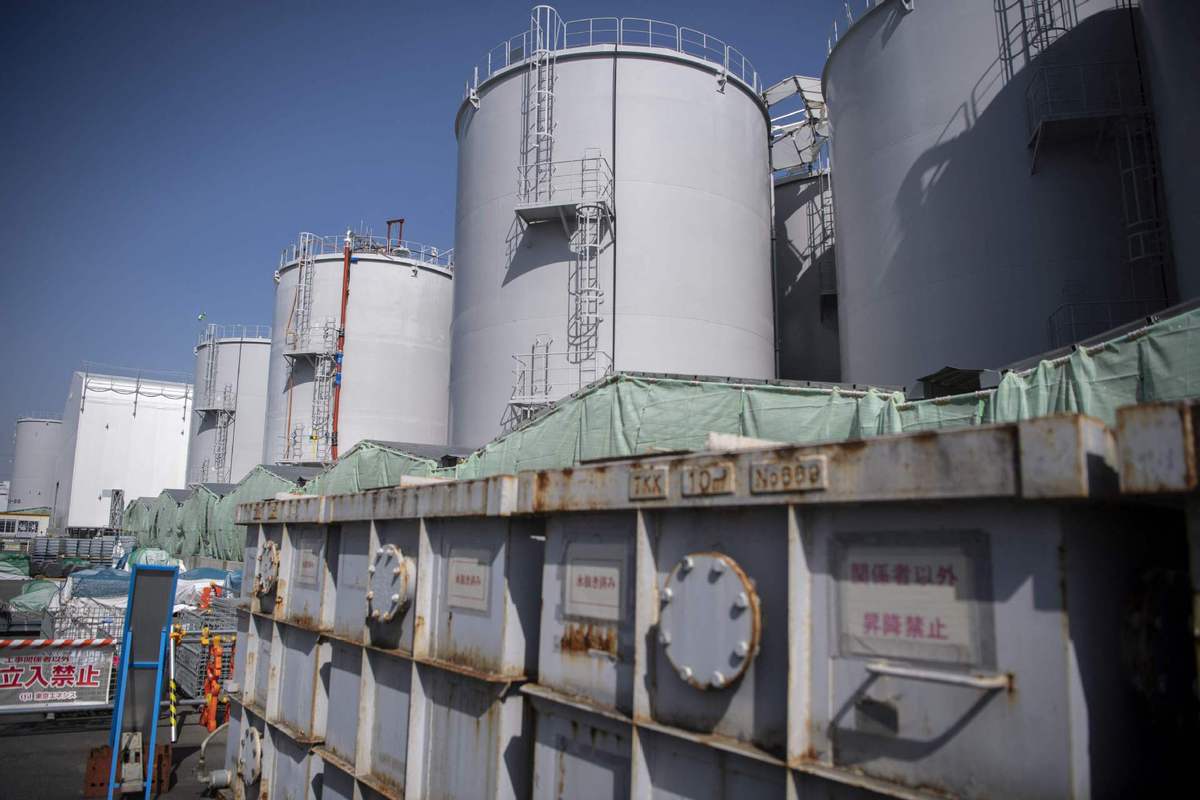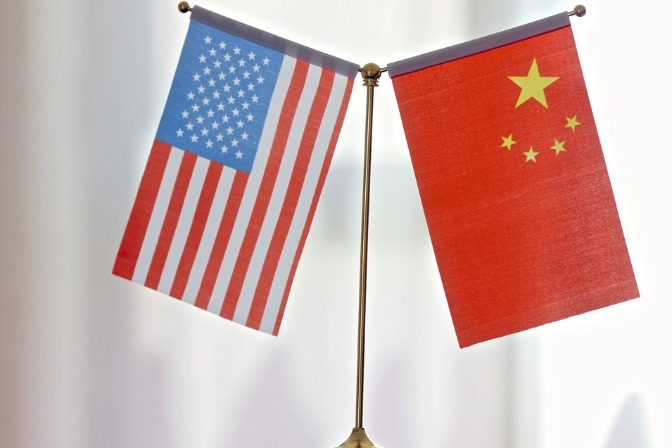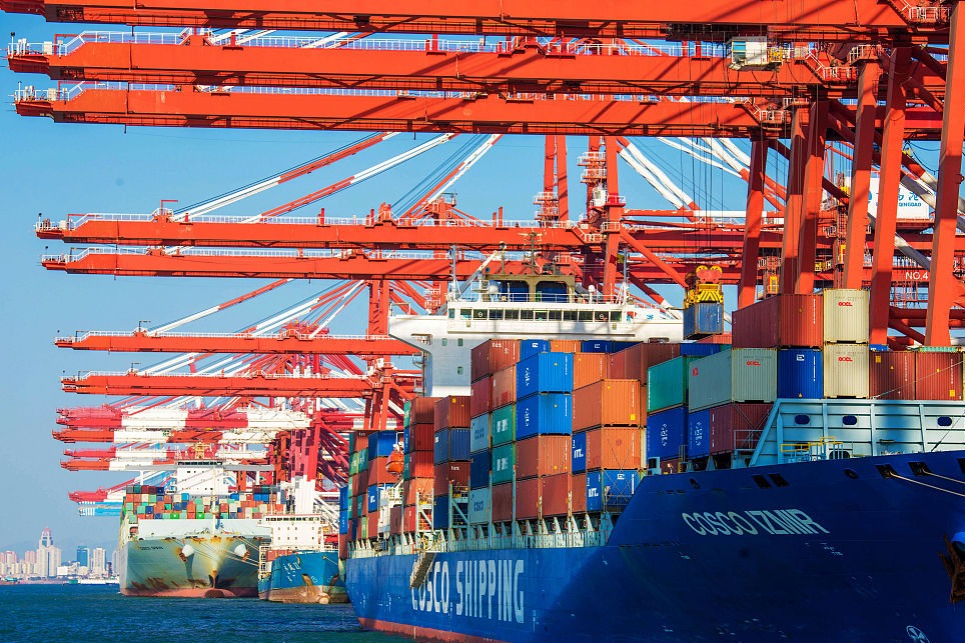Japan OKs controversial Fukushima water release
By WANG XU | China Daily | Updated: 2022-05-19 09:49

Japan's Nuclear Regulation Authority on Wednesday approved a widely controversial plan to release Fukushima nuclear-contaminated water into the sea just as International Atomic Energy Agency Director-General Rafael Mariano Grossi arrived in the country to discuss it.
The plan, which was submitted by the wrecked Fukushima Daiichi nuclear power plant's operator Tokyo Electric Power, or TEPCO, was evaluated by the NRA with the comment that "we could find no problems in the submitted document".
However, local fisheries, Fukushima residents, environmental groups and neighboring countries have long questioned the plan's narrative, with scientists saying the long-term impact on the environment and humans is unknown, and that tritium, a carcinogen that was left in the water, can have a bigger impact on humans when consumed in fish than in water.
In 2011, a massive earthquake and tsunami destroyed the Fukushima plant's cooling systems, triggering the meltdown of three reactors and the release of large amounts of radiation. TEPCO has since used water to cool the highly radioactive damaged reactor cores.
Under the plan, Japan will gradually discharge the still-contaminated water from the spring of 2023, by first building a pipeline from the tanks to a coastal facility, where the water will be diluted with seawater, and then using another undersea tunnel to discharge the water at a point about 1 kilometer from the plant.
30-day public review
The NRA said the plan will go through a 30-day public review before becoming official, but many familiar with the process said this kind of formality can hardly overturn approval in Japan.
Coincidentally, the approval also came the same day as Grossi arrived in Japan for meetings with top officials to discuss the plan.
Grossi is scheduled to visit the Fukushima plant on Thursday and will have meetings with Japanese officials including NRA Chairman Toyoshi Fuketa on Friday.
A team of experts from the IAEA had visited the plant in February and March.
In a report issued by them in late April, the IAEA said it will continue assessing Japan's compliance with safety requirements and will draw conclusions at the end of the review process once "all relevant information has been considered and a holistic assessment can be performed".
























